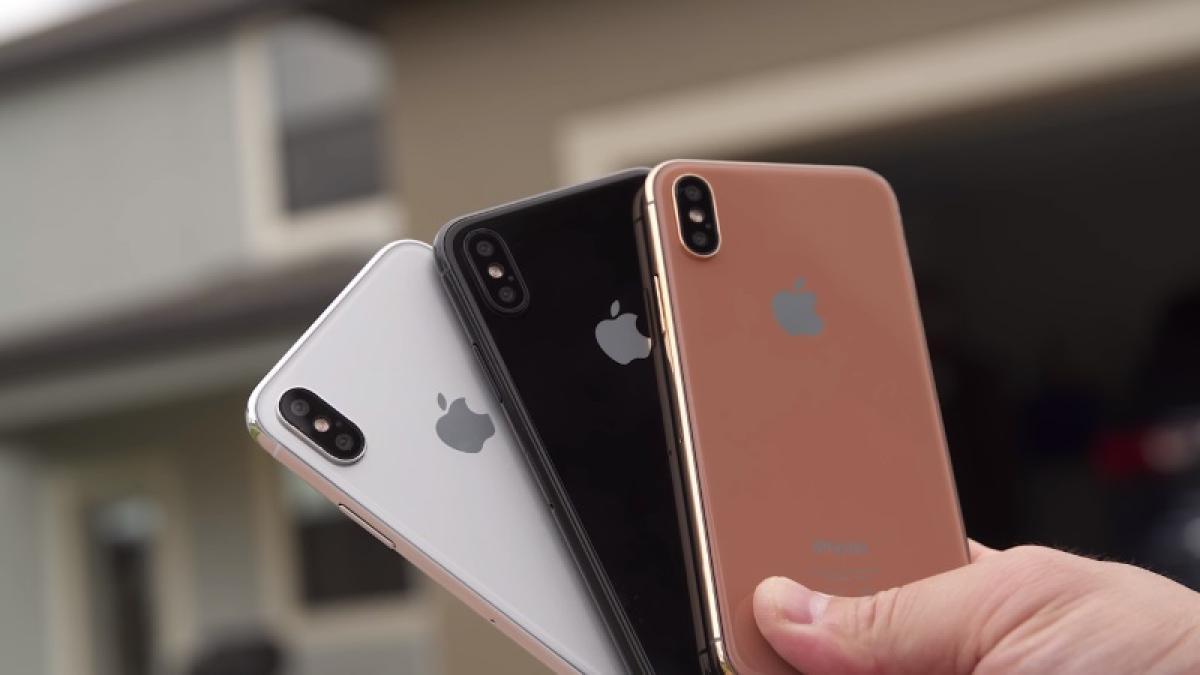Live
- Hyundai Motor India Limited Announces 2024 Edition of ‘Hyundai Always Around’ Campaign
- World Quality Day: Hindustan Zinc Reaffirms Commitment to Superior Product Quality & Innovation
- Samsung TV Plus Announces the Launch of Four New FAST Channels From Viacom18 Exclusively on Samsung Smart TVs
- Arun Pandey 3.0 set to revolutionise lottery industry with Great Goa Games (GGG)
- How Organisations Can Support Mobile Workforces with Diabetes - From Prevention to Management
- Google Rolls Out Real-Time Spam Detection Feature for Pixel Users
- Marriott international and Samhi hotels announce strategic expansion, sign agreement to open three more properties in india
- Telangana Group-4 Results Declared: 8,084 Candidates Selected for 8,180 Posts
- 2024 Is Shaping Up to Be the Smallest Black Friday Ever: GoDaddy Study
- LG LAUNCHES NEW XBOOM SERIES, WITH POWERFUL SOUND WITH PORTABILITY AND STYLE
Just In

Now, AI in smartphones is nothing new. Apple\'s Siri, Samsung\'s Bixby and Google\'s very own Google Assistant are evolving as people communicate with their devices.
Google's India-born CEO Sundar Pichai is a big fan of artificial intelligence (AI). No doubt these are early days for AI, but for him it is the most promising New-Age technology -- one that can potentially change the way enterprises work and grow.
Now, AI in smartphones is nothing new. Apple's Siri, Samsung's Bixby and Google's very own Google Assistant are evolving as people communicate with their devices.
But this time around, Pichai is betting big on a mix of AI, software and hardware to take on Apple and Samsung -- the undisputed leaders in the premium segment.
Industry analysts believe there is space for Google Pixel 2 and 2 XL -- launched on Wednesday -- to become serious contenders in the segment. With the right set of innovations and improvements in its sales and marketing network, these analysts say, Pixel could become a headache for Apple and Samsung in the days to come.
Currently, Pixel which was first launched last year, has less than two per cent market share globally.
"No matter how great the new Google-branded smartphones look, the main challenge is how to truly become a hardware company (and) to make itself available to consumers on the shelves," Thomas Husson, Vice President and Principal Analyst, Forrester, told IANS.
"It implies mastering the supply chain, partnering with carriers and other distribution channels, training vendors and investing a lot in marketing. That's no small task and quite far away from the company's DNA," Husson noted.
Google is nevertheless trying its best to make an impact. Last month, it acquired part of the Taiwan-based HTC Corporation's mobile division team for $1.1 billion. This team was working with Google to develop its Pixel smartphones.
This is the second time Google has acquired a smartphone manufacturer. It announced a $12.5 billion buyout of Motorola Mobility six years back and, in 2014, sold it to Lenovo.
According to Navkendar Singh, Senior Research Manager at IDC India, this underlines Google's ambitions as a serious smartphone maker.
"However, considering the design language, it looks like Google wants to play the premium smartphone game more from a software angle than a hardware one," Singh told IANS.
At the premium end of the market, design, looks and overall aesthetics matter a lot more than a smartphone that only works well and is pragmatic.
"With the recent launches of Samsung Galaxy Note8 and the upcoming iPhone X with full screen, bezel-less displays and overall design, Apple and Samsung have taken the aesthetics and design language to the next level," Singh emphasised.
Considering this, the Pixel 2 range will face a stiff challenge in getting the desired volumes at the premium end of the market.
"Having said that, initial reports suggest that camera remains a strongpoint for the Pixel range, apart from giving stock Android experience with updates available as soon as they are released," the IDC India analyst added.
Launched last year, the Google pixel started off well.
Tarun Pathak, Associate Director, Mobile Devices and Ecosystems, Counterpoint Research, said that even though it didn't manage a significant market share, the device attracted users' attention -- especially those looking for choice in the Premium Android segment.
"This is likely to give a boost to the Pixel 2 family which has been priced very close to Samsung flagships. To summarise, it still might be a long way before Pixel makes a significant impact on Apple or Samsung, but it provides an alternative to users looking for something beyond these two brands," Pathak noted.
Addressing a jam-packed San Francisco event as he launched the new Pixel family, Pichai said: "Computing will now be conversational, ambient and contextual. It's a unique moment in time, when Google can bring AI, software and hardware together."
To remain a relevant platform between consumers and brands, Google needs to feed data into its AI machine to make its software smarter.
"Such relevant data will increasingly come from a more integrated hardware experience as demonstrated by the Google Lens preview. In order to catch up with Apple and its 'ARKit', Google was right to remind its ecosystem how AR is becoming a part of their platform play with 'ARCore' and Google Lens," Husson informed.

© 2024 Hyderabad Media House Limited/The Hans India. All rights reserved. Powered by hocalwire.com







